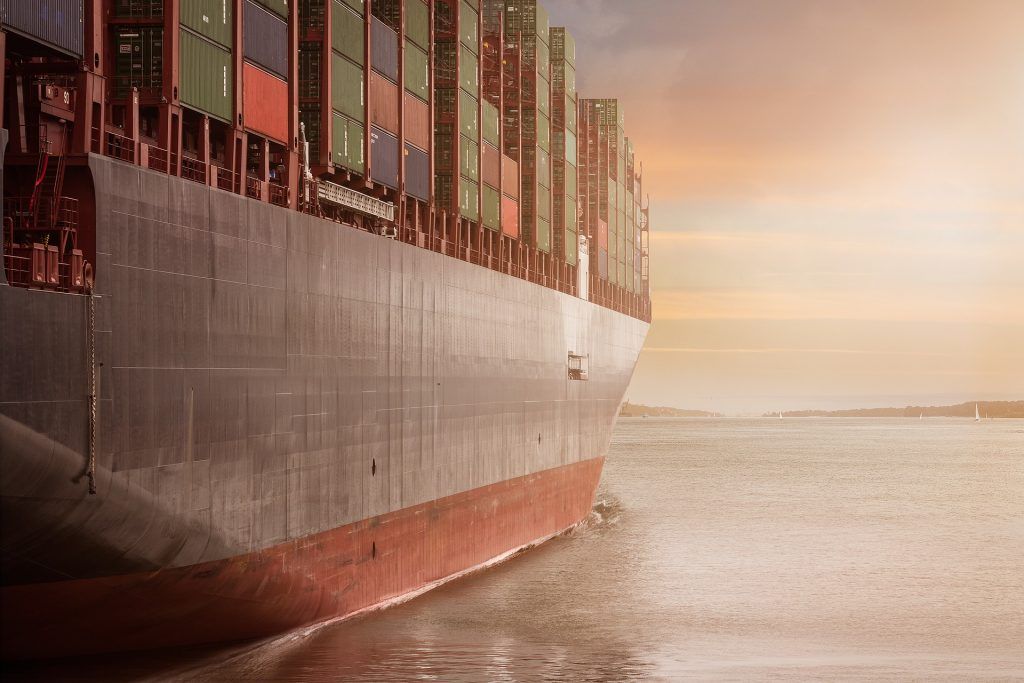Most-favored-nation (MFN) treatment is the fundamental principle of non-discrimination in the multilateral trading system.
MFN requires members of the World Trade Organization (WTO) to accord to other member countries treatment at least as favorable as that accorded to their most favored trading partners.
In other words, each member must treat all members equally.
MFN
For example, if a country grants a trade benefit or a concession to one country, such as lower tariffs, it would have to extend the same benefit to all other members.
However, there are several permitted exceptions to MFN treatment.
For example, according to the US Congress, countries can establish trade agreements with each other outside the WTO, granting additional preferences to those in the agreement, provided certain conditions are met.
In addition, more favorable treatment can be accorded to developing countries, often called “special and differential treatment”.
Thus, in the WTO, each nation sets limits on its tariffs and is obliged to give everyone MFN status, an expression that seems to suggest that it is some kind of special treatment for a given country, but that actually means charging their respective rates to all members alike.
WTO
Meanwhile, the WTO is the only international organization that deals with the rules governing trade between countries.
The pillars on which it rests are the WTO Agreements, which have been negotiated and signed by the vast majority of countries that participate in world trade and ratified by their respective parliaments.
The objective is to help producers of goods and services, exporters and importers to carry out their activities.
At the same time, the WTO can also be viewed from different perspectives. It is an Organization for the opening of trade.
Or, it is a forum for governments to negotiate trade agreements.
The WTO is run by the governments of its Members. All important decisions are taken by all Members, either by their Ministers (who meet at least once every two years) or by their ambassadors or delegates (who meet regularly in Geneva).
![]()

